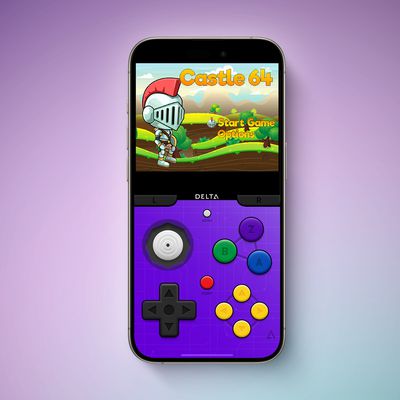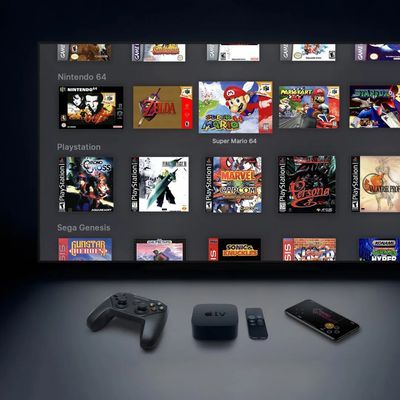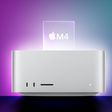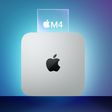Based on posts/responses on the forums, it appears there is still a significant amount of confusion regarding audio codecs and their implications.
For clarification purposes, "MP3" is officially known as MPEG-1 Layer 3. This audio codec provides the popular compression format that both iTunes and the iPod support.
Songs can be encoded at varying "bitrates". The most common bitrate for MP3 is probably "128kbps". This translates into 128 kilobits per second -- which means the format will use 128kilobits of data to encode one second of audio - no more, no less. Therefore, the final size of a file depends on both Bitrate and the Length of the Song.
Many users, however, prefer to utilize larger bitrates to achieve higher quality audio, but at the sacrifice of a larger final file size. Based on this popularly referenced c't magazine blinded study, it is commonly held that 256kbps MP3s are equivalent to original CD Audio:
- In plain language, this means that our musically trained test listeners could reliably distinguish the poorer quality MP3s at 128 kbps quite accurately from either of the other higher-quality samples. But when deciding between 256 kbps encoded MP3s and the original CD, no difference could be determined, on average, for all the pieces. The testers took the 256 kbps samples for the CD just as often as they took the original CD samples themselves.
AAC/MPEG4
This page at Apple helps clarify some terms and definitions regarding the audio format: AAC. Advanced Audio Coding (AAC) is the audio codec for the standard known as MPEG-4. According to Apple's site, AAC provides multiple advantages over MP3 -- but the most significant for end-users is the improved compression algorithm:
- AAC compressed audio at 128 kbps (stereo) has been judged by expert listeners to be "indistinguishable" from the original uncompressed audio source.*
As a result, the advantage of AAC will be better quality audio at the same file sizes. Or, alternatively, equal or better quality at smaller sizes.
Some commonly asked questions:
Q: Is a 128kbps AAC/MPEG4 file smaller than a 128kbps MP3?
A: No. They are exactly the same size... but the AAC file should sound better. See above.
Q: Will there be a way to convert my MP3's to AAC files?
A: Converting directly from MP3 to AAC is not recommended (by this author). Going from a 128kbps MP3 to a 128kbps AAC file will provide no space spavings, and yet you will likely lose audio quality. (both are "lossy" file formats). Remember, you will never "regain" the quality lost when a song was encoded into MP3. The recommended course of action would be to re-rip the files from its original format (CD, for example).


















